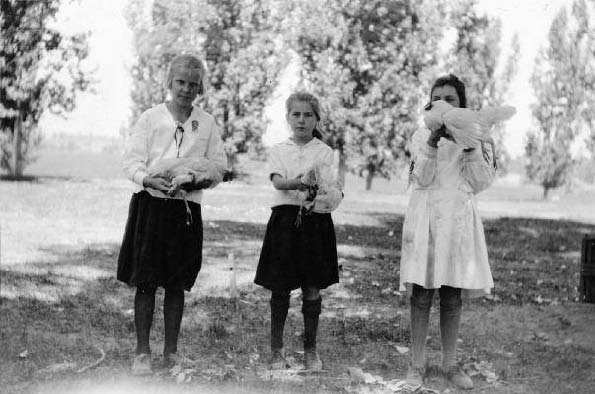edible traditions
HIGH AND DRY
Prohibition brought unexpected consequences to the region.
WRITTEN BY ALICIA BARBER
PHOTOS COURTESY OF JERRY FENWICK; THE UNIVERSITY OF NEVADA, RENO SPECIAL COLLECTIONS DEPARTMENT;
AND TRUCKEE DONNER HISTORICAL SOCIETY
There may be no federal legislation in American history as blatantly disregarded as Prohibition. Although broadly supported upon its ratification in 1919, the 18th amendment to the U.S. Constitution — banning the production, sale, and transport of “intoxicating liquors” — proved nearly impossible to enforce, and ended up encouraging precisely the kind of excessive behavior it was intended to abolish.
As the ’20s roared in, even respectable families built stills in their cellars and sheds to manufacture “jackass brandy,” along with the small quantities of wine allowed for personal use (a skill local Italians long had mastered). Many Reno and Tahoe-area saloons converted either to so-called “soft drink emporiums” (some open only to men) or clandestine speakeasies, also known as “blind pigs.”

Illegal saloons avoided being raided by federal prohibition agents or “prohis” by employing creative strategies such as electronically controlled peepholes and flashing signal lights. Patrons of the Silver Mirror, located inside Truckee’s Rex Hotel, stood in a small cage to be scrutinized before being allowed inside to purchase dollar shots of whiskey. In Reno, only a letter from a trusted regular could gain a stranger entrance into Rick’s Resort (later known as The Willows).
Enacted a full year before federal Prohibition, Nevada’s “dry” law banned all liquids containing one half of 1 percent of alcohol by volume. To the dismay of bakers, ice cream manufacturers, and home cooks, that outlawed even popular cooking extracts such as vanilla. Pastry makers (and eaters) breathed sighs of relief when the legislation was soon amended to exempt from prosecution the use or sale of these harmless substances.
Despite the endless cat-and-mouse games and growing opposition, Prohibition remained a federal law for more than a decade, until it finally was repealed in 1933. The 80th anniversary of its demise seems an appropriate occasion to raise a glass — or, perhaps, just a vanilla cupcake — in gratitude.
Writer and historian Alicia Barber is the author of Reno’s Big Gamble: Image and Reputation in the Biggest Little City.


